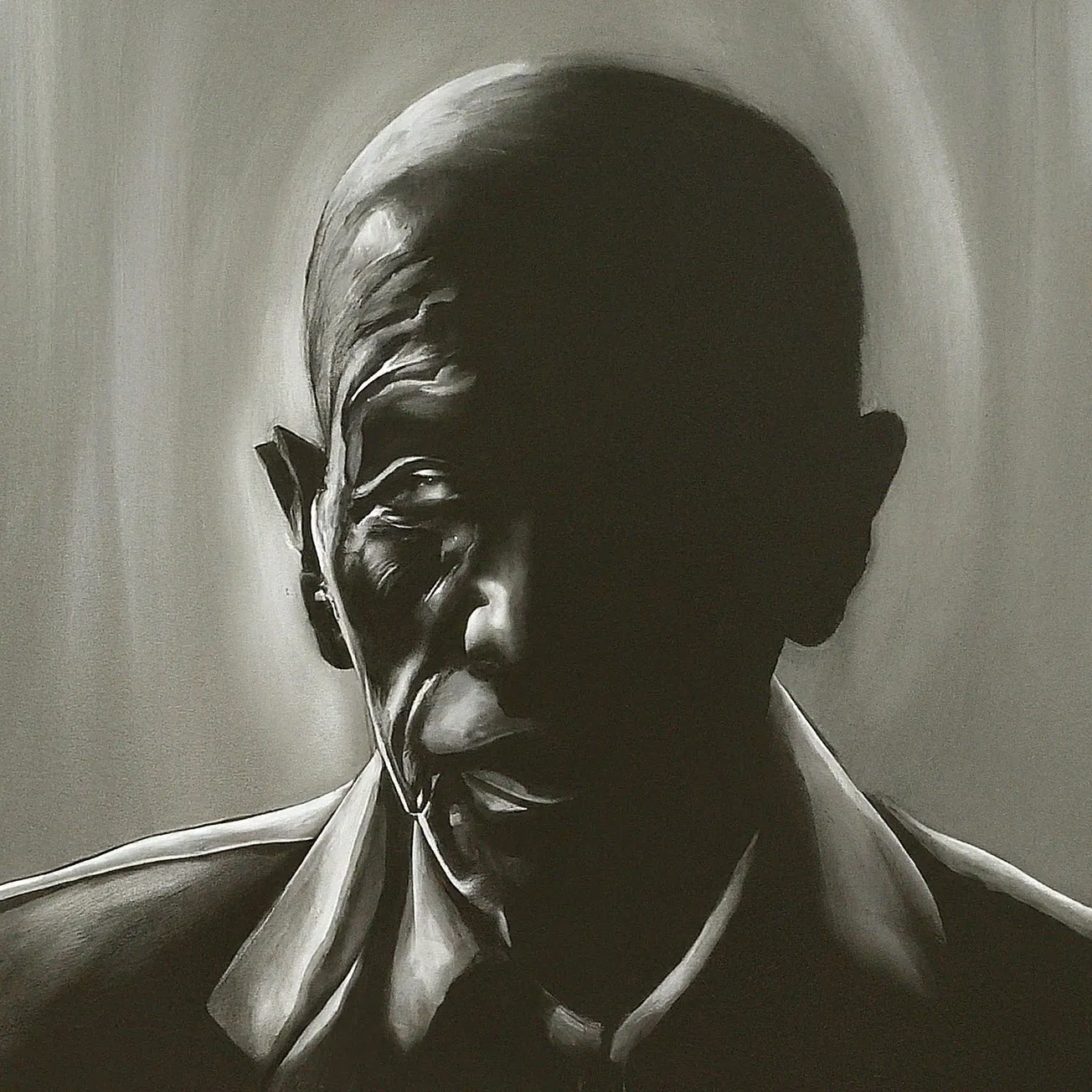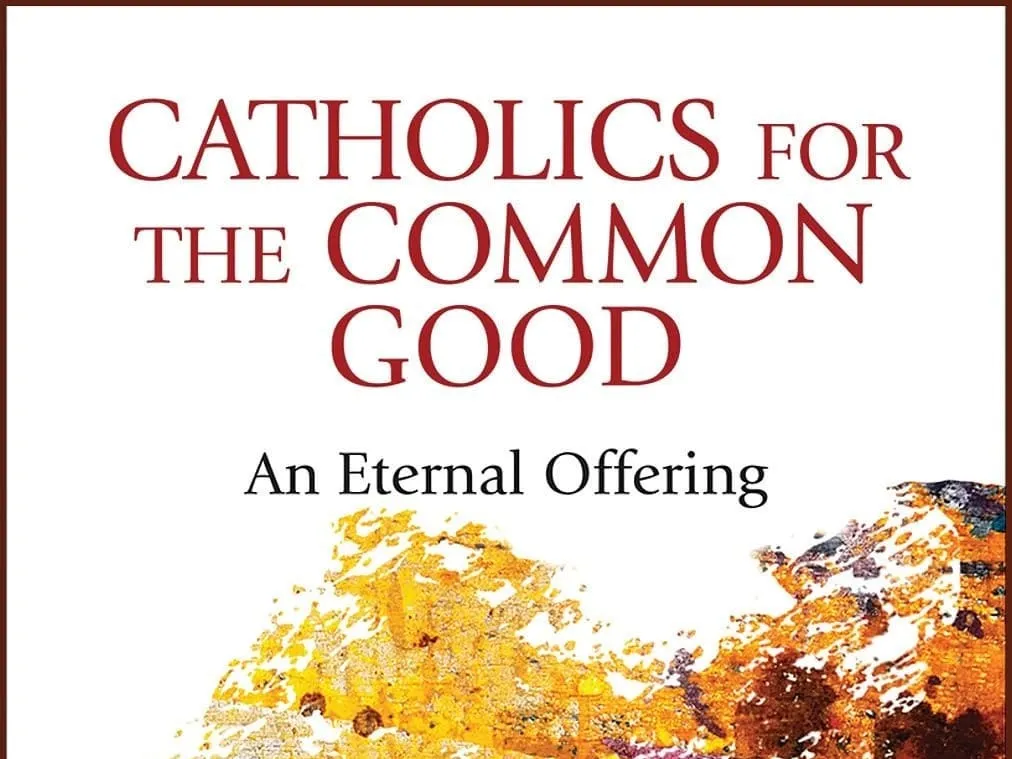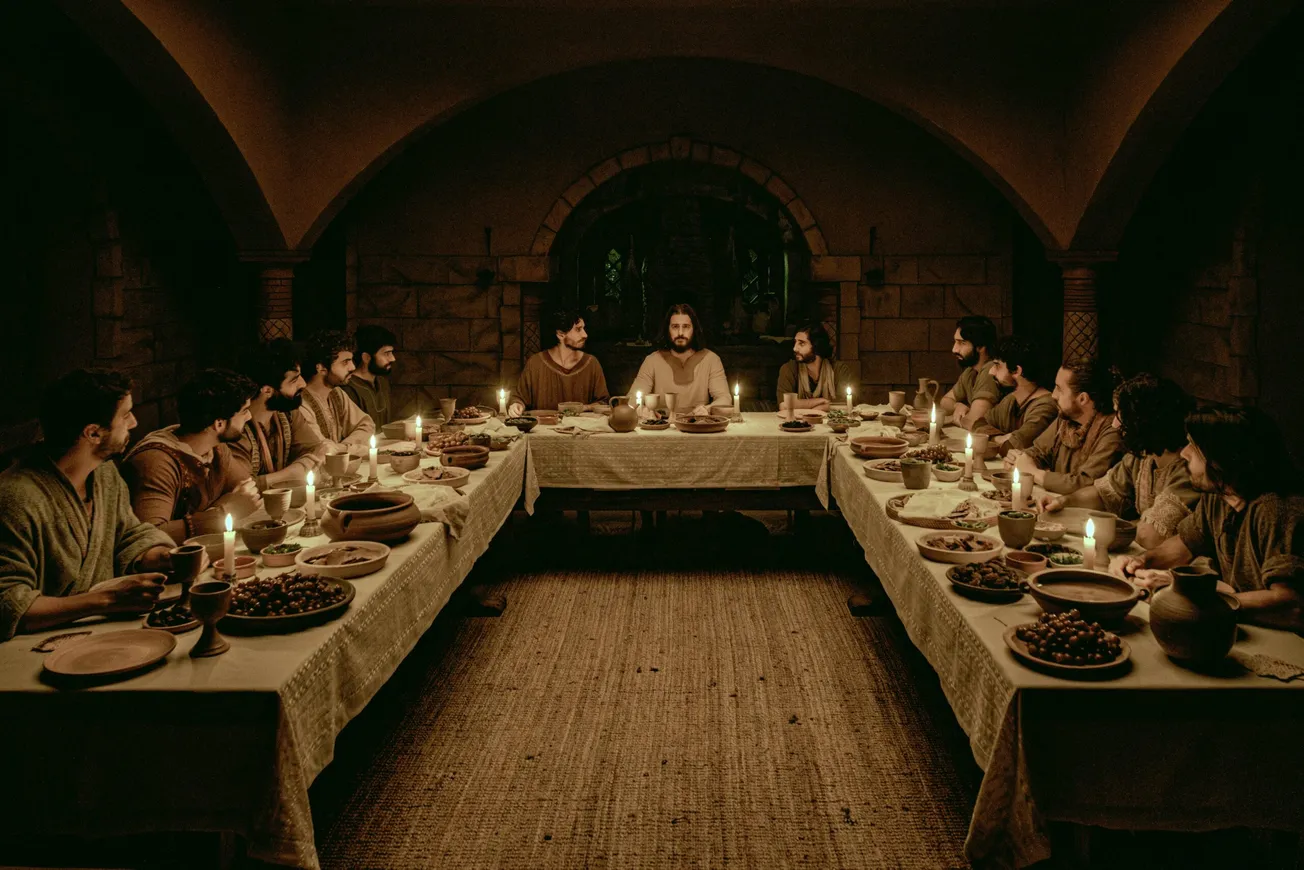Alessandra Harris, a Black Catholic writer and longtime racial justice advocate, has consistently been a firebrand on topics such as the prison industrial complex and racial justice for Black Americans. Whether through her influential social media presence that highlights issues related to the restorative justice movement, or her raising awareness about the intersection of race, gender, and class, she is a much-needed voice for how Black Americans achieve every iota of justice that’s owed to them.
Her new book, “In the Shadow of Freedom: The Enduring Call for Racial Justice,” is a monumental release that conveys the legislative, political, and legal journey of how America has its foundation in the exploitation, disenfranchisement, and criminalization of enslaved Black American and their descendants.
She starts the book with a transformative retelling that connects the book's message to her own life. While her eldest son attended a White-majority Catholic school, she frequently received reports that he was misbehaving in class. After advocating for an observation by the school psychologist, her suspicions were confirmed: There was implicit bias by the teacher who was overly disciplining her son compared to other students in the class. For Harris, once she discovered the national statistics for Black boys and men in the school-to-prison pipeline, she was resolved to uncover the pernicious and violent sin of racism in American institutions.
With this personal backdrop in her book, Alessandra unleashes a massive survey of centuries of anti-Black racism from slavery and Jim Crow, to how we ultimately arrived in the neo-slavery era of our current time. With chapters like “The Evolution from Lynching to the Death Penalty” and “Waging War,” she examines how critical eras of strategic subjugation, in various forms, has been an ever-present reality for America’s most despised group.
By unveiling why the Black struggle for economic, social, and political progress has always been met with resistance and destabilization by government powers, Harris affirms how these coordinated efforts have always been essential to make Black Americans helpless.
“Throughout the history of the United States,” she writes, “from the period of the enslavement of people of African descent until the present, the state and federal government have considered Black people seeking liberation, free speech, and justice to be dangerous.”

Harris also chronicles how the “war on Black America” successfully undermined Black advancement. Coinciding with the inception of the Black Power and Civil Rights movements, the militarization of law enforcement and the war on drugs paved the way for massive increases in police department budgets, incarceration, surveillance, and racial profiling.
Moreover, the facts, citations, and statistics Harris presents in each chapter consistently show our current predicament of racial injustice. Her handling of the long-forgotten and never-implemented recommendations from the Kerner Commission is a crucial bookmark that should be at focus for anyone seriously invested in dismantling systemic anti-Black racism.
“To this day, the amount of federal funding the Kerner Commission recommended has never been infused in Black neighborhoods and communities to remedy the scourge of inequality, discrimination, and poverty,” Harris writes.
“Though the Kerner Commission had encouraged investment in treatment centers, halfway houses, and other community-based forms of rehabilitation, Nixon’s administration did not support funding such measures and instead prioritized the construction of maximum-security penal facilities.”
Again and again in the book, Alessandra continues to hold previous administrations, legislators, and other leaders accountable for their contribution to a large-scale and coordinated assault on Black dignity and well-being. Lastly, though, Harris provides an enlightening perspective on how the nation can reconcile true racial justice. For her, true healing and recovery require a paradigm shift that involves repairing harm by way of reparations for centuries of second-class treatment.
“The call for restorative justice, reparations, and repair is a call for Americans to become conscious and then outraged enough to demand—and be part of—the change that needs to happen,” she says. “Answering the call will cost people: their comfort, their security, their privilege, maybe even some wealth.”
With this plea, Harris urges us to escape the trauma of punitive justice and address the longstanding wounds of enslavement and its aftermath. This is something that all Catholics and people of goodwill can unite around.
To me, it’s fascinating that “In the Shadow of Freedom” opens with a quote:
“For America, that you may one day be the land of the free.”
If the Catholic call to justice truly means what it professes, we should all grow in self-examination of biases and racist views we may have, seek ways to magnify Black voices, and take a principled stand on issues like mass incarceration, unjust policing, and other forms of anti-Black oppression. When the Body of Christ can unite in love on these essentials, that “one day” can be a realized reality.
“In Shadow of Freedom” emits rays of hope for the long and grueling work of Black liberation in America. With her latest book, Harris clearly makes a personal investment in freedom for present and future generations. Her inspiration and zeal for a better Black Americans is something our Church and nation must heed.
Efran Menny is a husband, father, and regular contributor to BCM. His work is informed by his experience as an educator and his studies in social work. He has a passion for elevating topics on justice and theology for Black Catholics.










